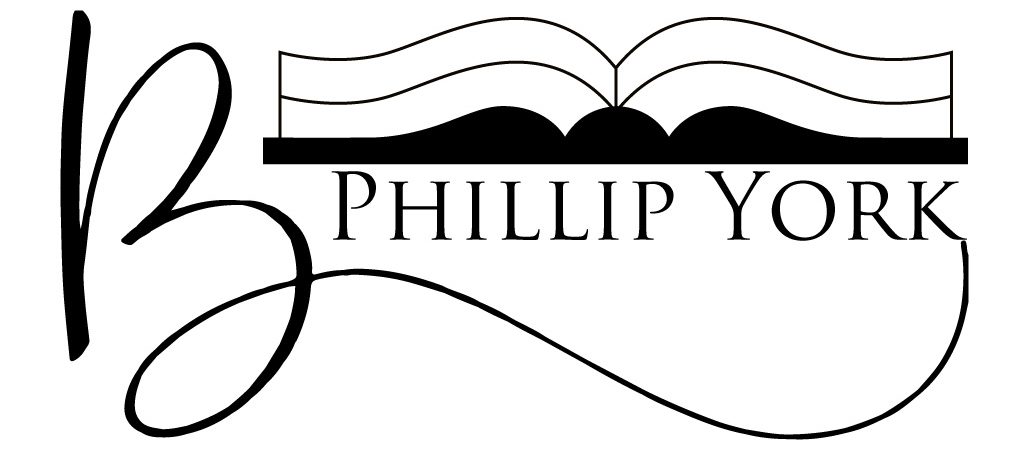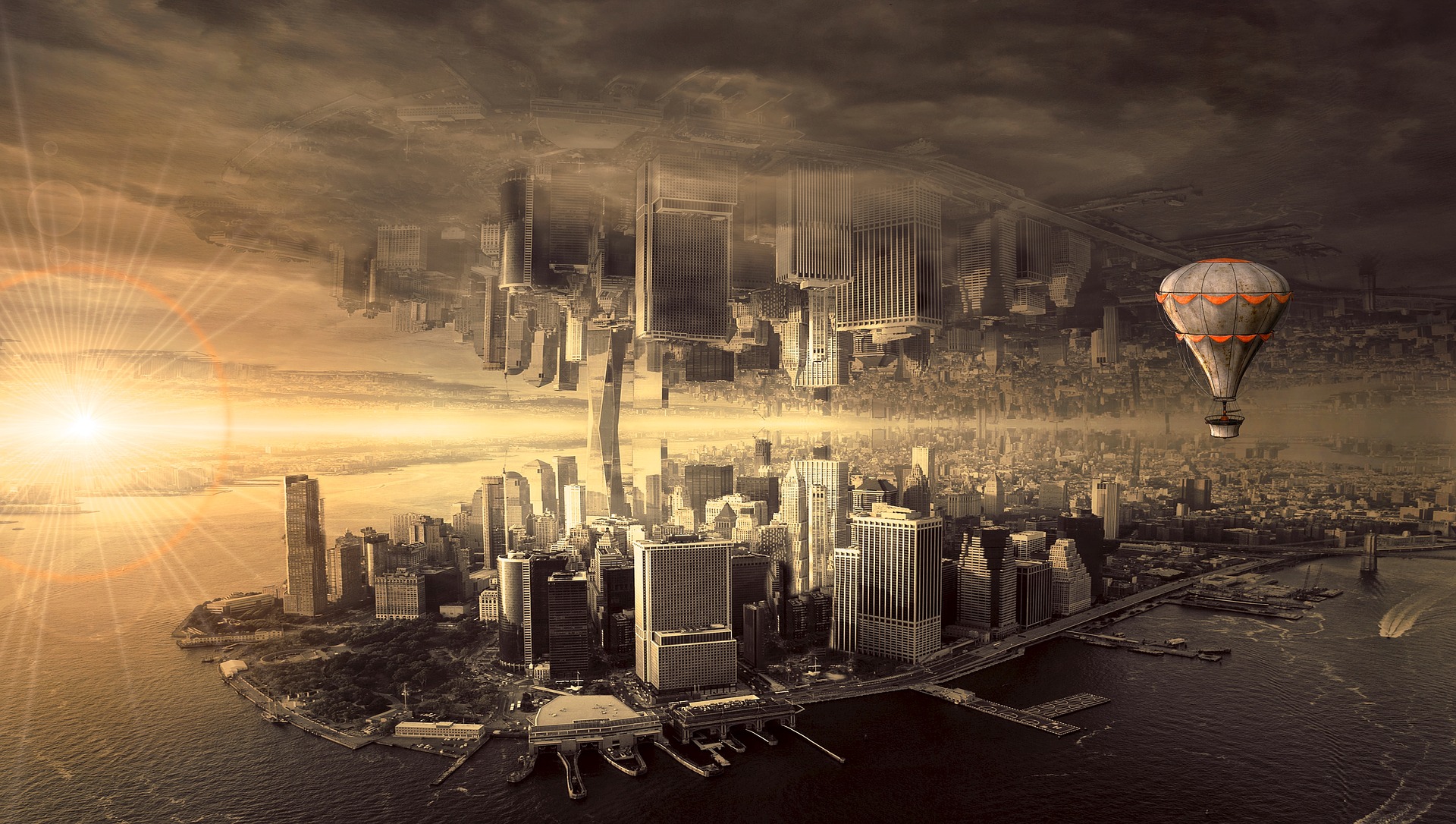
I love fantastic and wondrous stories. Since I was very young, I was entranced by stories of chivalrous knights and fair ladies and slaying dragons. Stories about spaceships whizzing about and people shooting lasers and blasters. These stories enabled me to escape the dreary circumstances of my life into a world where anything seemed possible, where often unrecognized greatness, through trials, came to be recognized. I followed many heroes and heroines on their journeys, their great destinies revealed and their opportunity to fulfill a noble purpose. I didn’t have to just live in my normal, boring, prosaic, and sometimes unhappy life, I could live out many lives in many circumstances, undertake many adventures. For me, it has always been a gift and a treasure, but something else was always lurking alongside the escape – introspection.
Some might argue that art has no duty whatsoever but to be art. To be creative, to be an expression of human thought and will. I don’t disagree, but I think in most mediums, art can be seen on a spectrum from what might be considered low to high. The lowest art merely entertains, it merely distracts, it merely escapes. But the highest art often entertains, distracts, escapes, and reflects. It reflects the human condition.
Great works of literature are usually very well written. They use good prose (or poesy), have good characterization, good structure (plot or stanza), interesting or novel use of language, a unique setting, and conflict that engages the reader with stakes. But truly sublime literature has a why. It offers an insight into the human condition.
Science Fiction, and Fantasy, and all their assorted sub-genres and paraphernalia are merely marketing tools. Historically, some readers like books that contain spaceships, lasers, and exotic alien girls and some readers like stories that contain horses, swords, and exotic elf maidens. The trappings signal to the reader that this is the sort of story that they like, and often the plots follow similar conventions, with similar types of characters, similar conflicts, and similar resolutions. This is not sublime. But sometimes a wooded fairyland or the distant nebula of an unknown galaxy is the setting where assumptions are questions, where the familiar becomes unfamiliar, where the strange unknown is not merely a costume cloaking the known, but rather we are confronted with the unknown.
In some ways, this type of writing can be more easily accomplished within the fantasy and science fiction genres. Readers are comfortable with unexpected rules and situations, with humans dealing with dwarves and goblins or AI and hiveminds. Readers hopefully hope for the new and strange and yearn to experience a sense of the fantastic and wondrous. This gives a writer a platform to give it to them. To reject what is for what isn’t. To reflect on the human condition, through a twisted mirror.

